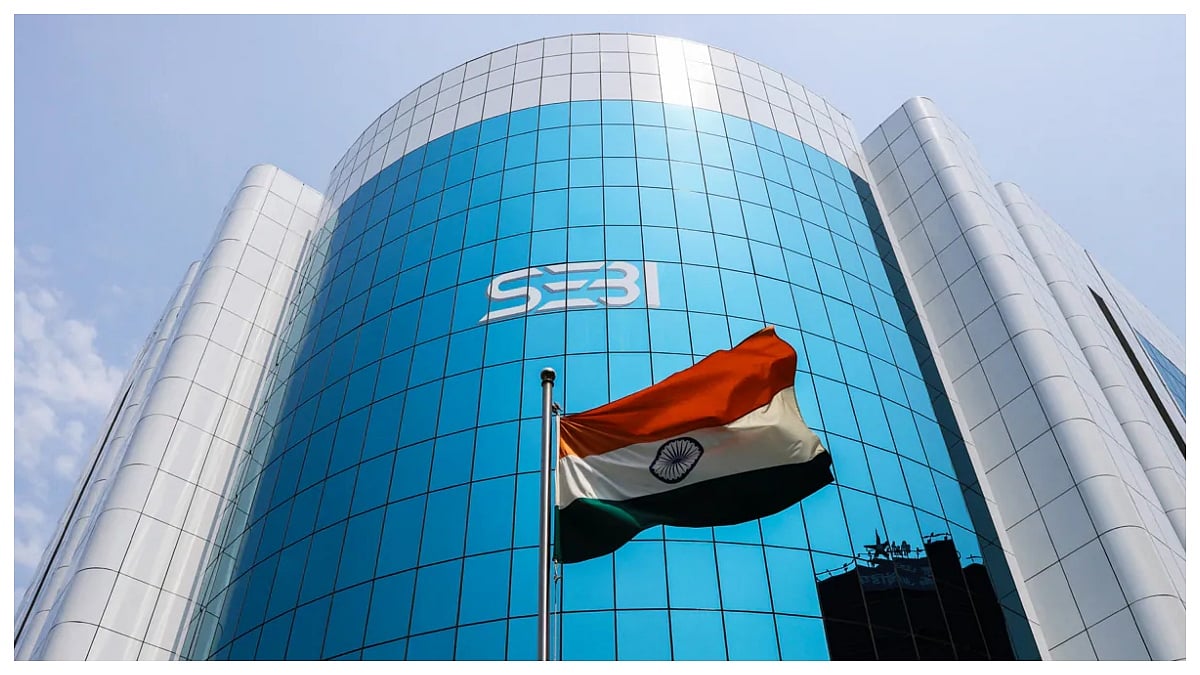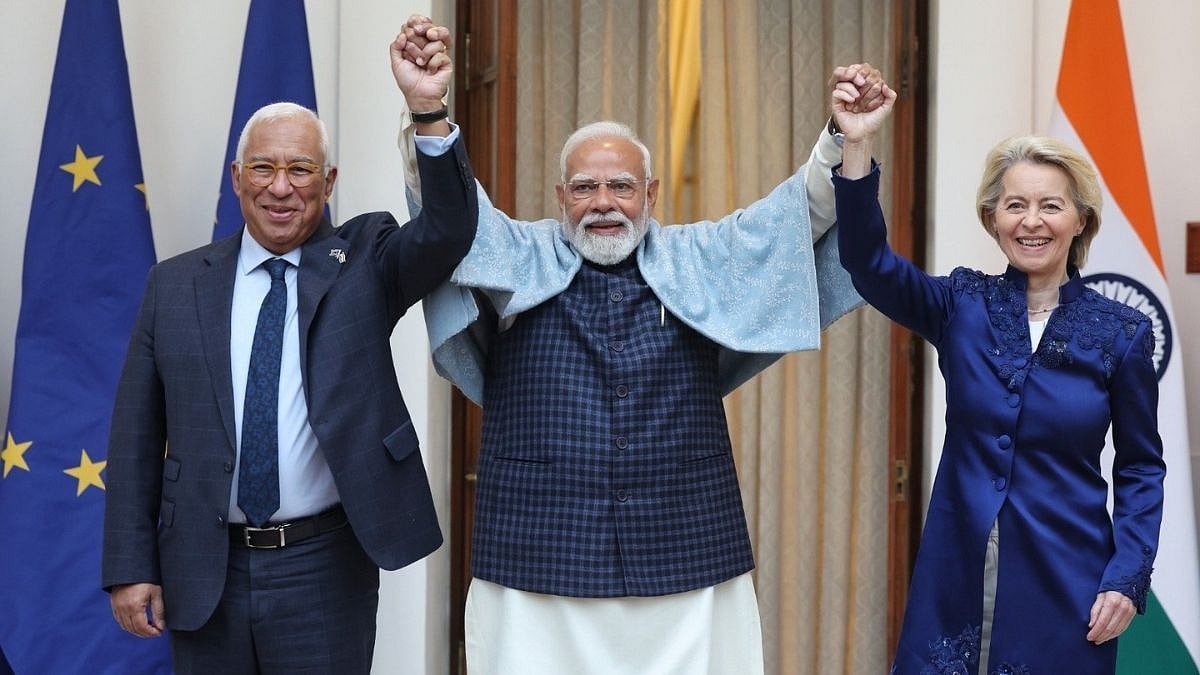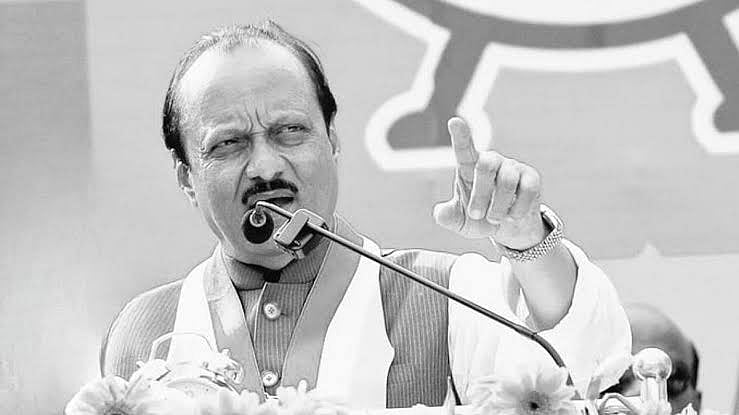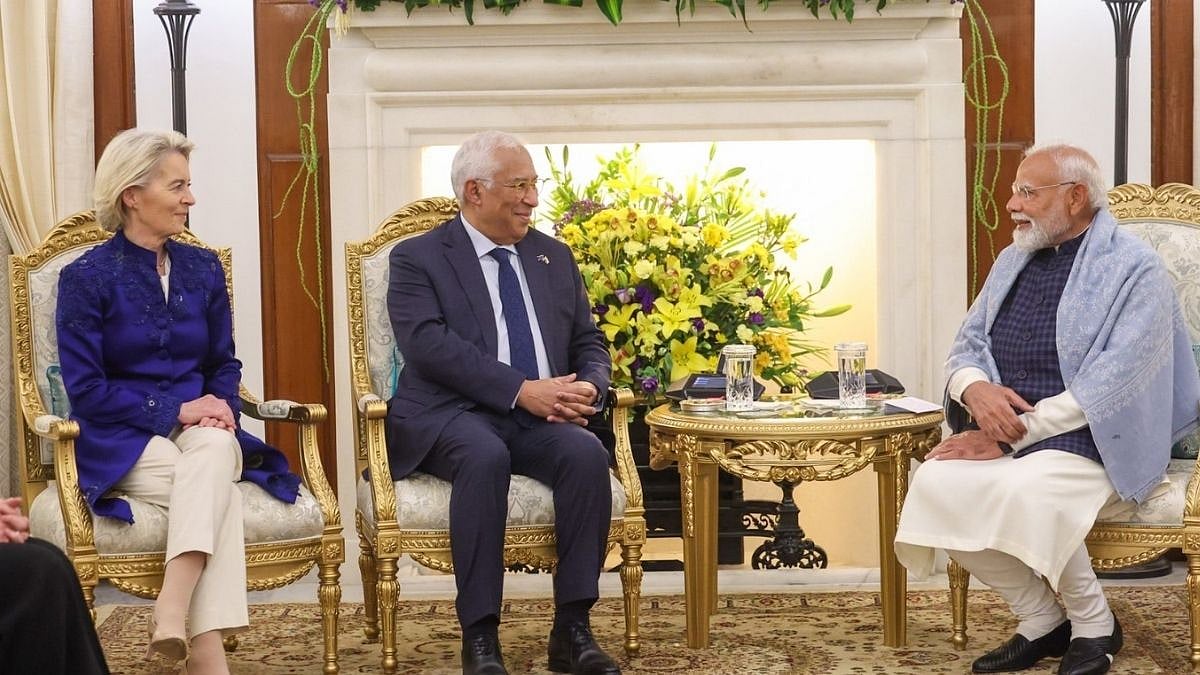A platform company has two operating models. In the first case it could be like a utility company that just provides the core service but is not responsible for how the service is used, e.g. an electricity or telecom company. They provide the basic service but are not responsible for how they are used. A telecom company can’t be sued because someone uses its mobile connection to threaten someone or hatch a conspiracy to commit a crime. This argument is well accepted by everyone and there is no dispute.
The other end of the spectrum are the newspaper and electronic media like TV, radio etc. who claim to have full editorial control over their contents. It is expected that every content coming out of these media are well whetted by the editorial team and the media houses are responsible for any good or bad outcome that the content creates. They can be sued if they publish some deliberate misinformation without doing due diligence. The media houses have accepted this argument as well.
Social media like Twitter, Facebook, WhatsApp are somewhere in the spectrum of media company to telecom company. In fact, they conveniently shift their argument based on the circumstances. Sometimes they argue that they are not responsible for the content put on their platform (e.g. fake news or violent ideologies) while sometimes they assume editorial control with their own ideological biases. At times, they ban someone because they believe that the user has violated some policy or sometimes, they refuse to follow the law because they believe they have a different interpretation. But the fact is that directly or indirectly they are the big brother who can moderate social discourse without having any constitutional authority to do so. The Twitter vs India, Facebook vs Australia are all symptomatic of the same problems.
The other issue is that users don’t pay for these services and don’t have any credible alternatives. So, they can’t punish the provider by switching to competing products. The business model of the social media company is very simple – they are the attention merchants. They sell our attention to advertisers and use our data to target our interests for more advertising. The fake news works well for them because it generates more curiosity and ad clicks. All they want is user traffic. This all may work fine till they come in direct conflict with the law of the land. Should the social media companies’ ideologies prevail, or the law of the land should prevail? The verdict was very clear in China, but other democratic countries have taken a more liberal approach and avoided the direct confrontation.
Social media companies can’t take responsibility for the content of their users – they will cease to exist in that case. Only practical option to them is to be more like a telecom company. They don’t need to play arbitrator for something like ‘freedom of expression’. For all disputes with regards to the content of their platform they just need to rely on the land. But this question will come full circle if there is no regulatory guidance for the social media contents, as is the case in most countries. The social media was an unknown beast 10 years back but now we know it well and it is high time that an operating framework is set up for them.
Mishra is the author of the book “Who Stole My Time? Reclaiming ourselves from the social media trap”









